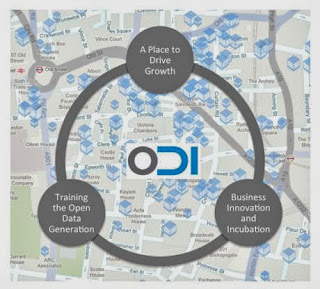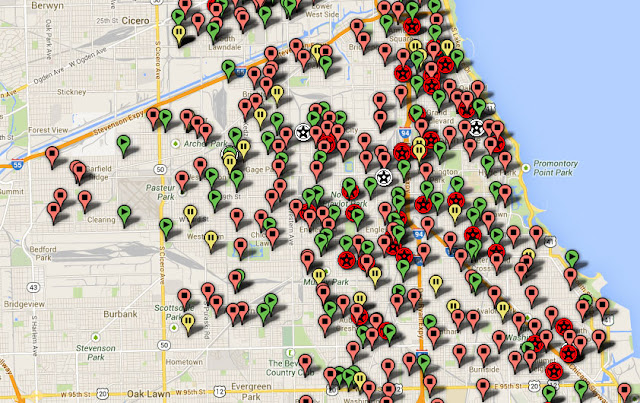A Response from Mark Wainwright on my ODI and OGP Blog Post:
From Mark Wainwright I was interested to read your blog post about ODIs, the OGP and open data. It's good to know that people are on the back of the governments about ensuring they follow through with their Open Data commitments. From Jason Hare I welcome Mark's comments as well as those from the OKFN. Where I have represented the OKFN at large I have replaced that wording with OKFN Ireland. My comments are my own and do not reflect the views of any organization or company with which I am affiliated. I look forward to meeting my open data colleagues for a lively discussion on topics relating to the opening of government data. I am hoping the subject centers around governance rather than technology. Good policy always triumphs over technology. MARK'S COMMENT 1: "A couple of things you said surprised me. I don't know that, in the UK at least, the ODI is a watchdog of the government's transparency portal. For sure the ODI are doing great work - I'm just not



